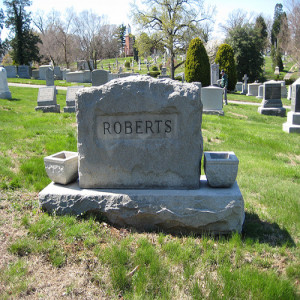Top 4 Reasons for Burials
 Anyone can comprehend the idea of funeral services. But only a few has ever delved deeper into that understanding and academically explore the principles of this curious human practice. It takes a certain degree of anthropological knowledge to figure out the interesting dynamics of burials. So why do humans bury the dead? Here are the following main reasons that conceived internment:
Anyone can comprehend the idea of funeral services. But only a few has ever delved deeper into that understanding and academically explore the principles of this curious human practice. It takes a certain degree of anthropological knowledge to figure out the interesting dynamics of burials. So why do humans bury the dead? Here are the following main reasons that conceived internment:
Attachment
The practice of burying the dead can be traced as far as the Paleolithic age, when humans were barely able to establish a functional society. Experts believed that the reason for this practice is due to their deep emotional bond to the deceased individual. There was one anthropological investigation that unearthed the remains of decomposed prehistoric skulls stashed beneath the wooden sleeping platforms of a cave dwelling. As bizarre as it looks, it bears a stark resemblance to modern families having their own private backyard cemeteries. They want to be as close to their deceased loved ones as possible.
Closure
While some people bury their dead loved ones within the vicinity of their estate, others simply want to put the deceased to rest in a public cemetery. As early as the time of the ancient Hebrews, it has been customary to bury the corpse (even those of strangers) at a remote peaceful area as a social obligation. Psychologists have deduced that human beings always feel the need to put a closure in dealing with something as grave as a dead body in their midst. It is a simple matter of “dead people no longer having anything to do with the living”.
Hygiene
A decomposing corpse is one of the most horrific things any human being can encounter. Apart from the sheer discomfort of dealing with the unbearable “smell of death”, human entropy is also a host to a laundry list of deadly contagions. Burying the dead is one of the oldest public health duties in existence.
Afterlife
Of all the reasons that justify burying the dead, none can ever be more significant than the collective belief in life after death. Whether it is offering a prayer for the repose of an ancestor’s soul or laying down funeral flowers for the departed sibling, these gestures come from the primordial idea that the dead will still appreciate the treatment afforded by the living. These gestures are only conceivable for those who believe in the afterlife.


